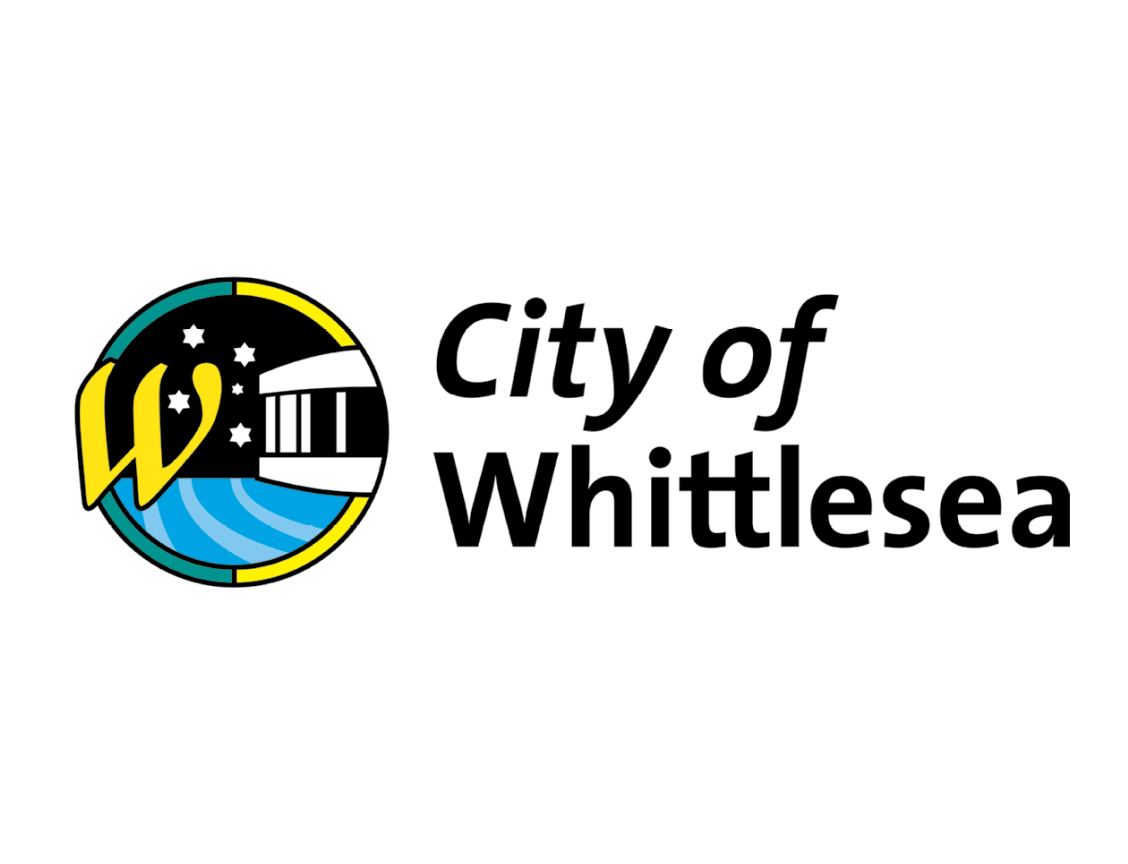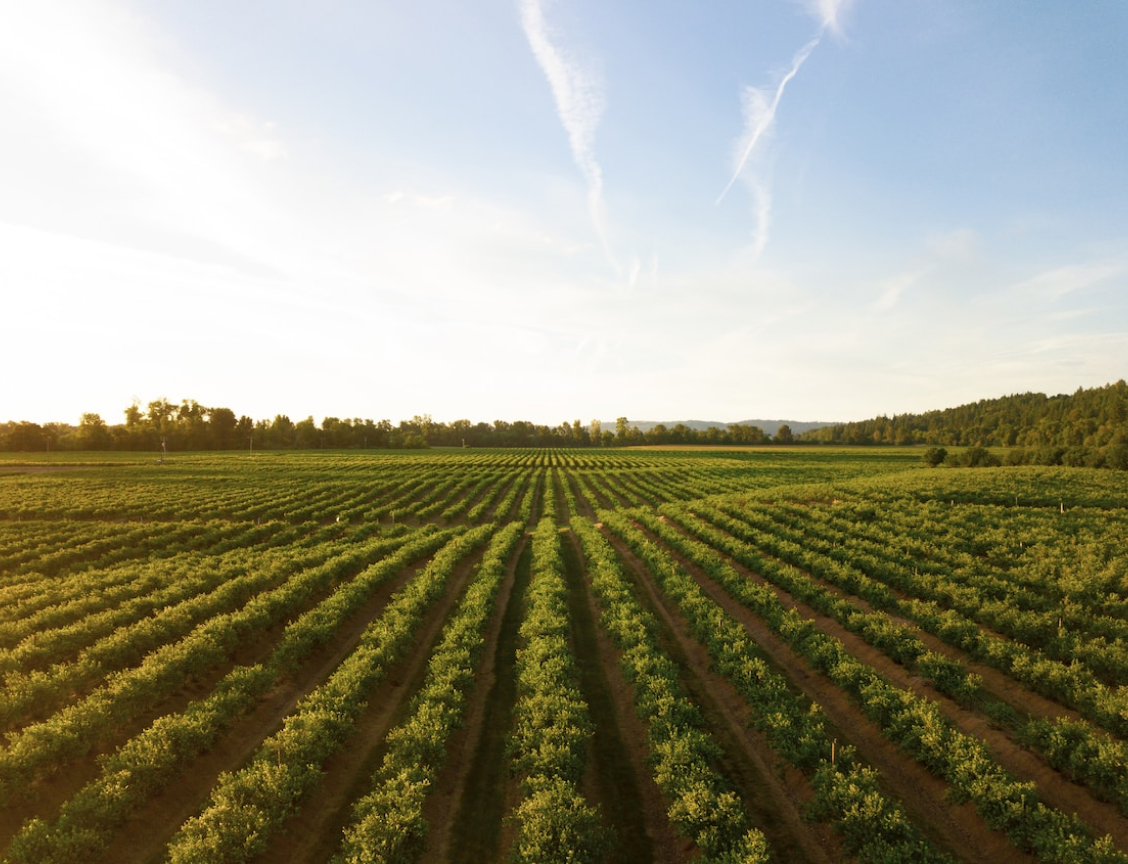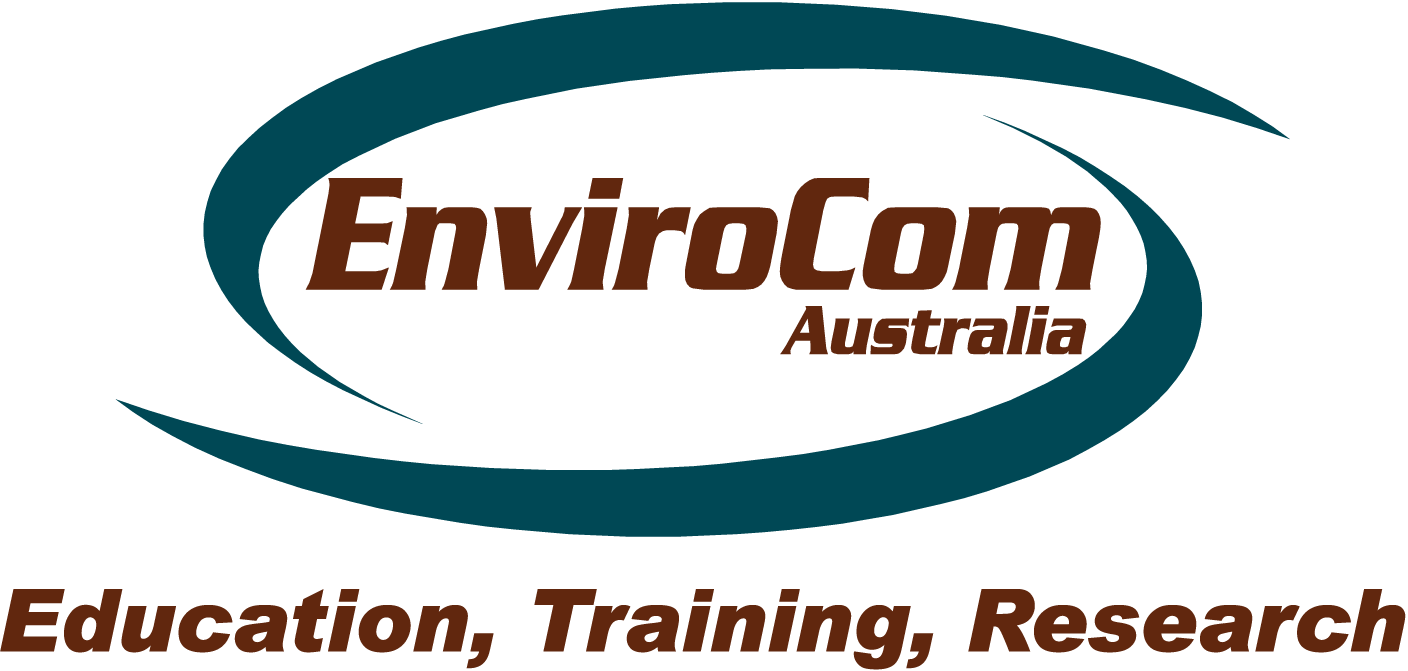CASE STUDIES / EDUCATION
‘Whittlesea Waste Busters’ Community Education program

The City of Whittlesea (Council) sought to address rising contamination levels in kerbside recycling bin and, in doing so, test an innovative intervention approach. Council engaged EnviroCom to assist in the development and delivery of a targeted education and engagement program that aimed to:
- Equip Whittlesea households with information and tools on how they can reduce their household waste and improve their recycling
- Measure the success of undertaking a targeted education and engagement program on behaviour change.
The ‘Whittlesea Waste Busters’ program involved participation by ten volunteer Whittlesea households in a targeted community engagement and education program. The program included pre and post program household waste audits; two community workshops; a four week ‘waste challenge’ and the provision of a waste minimisation ‘starter kit’ to each participating household.
The pre and post program audits were used as both an evaluation tool and an opportunity to directly engage residents on their waste and recycling behaviours. EnviroCom conducted each audit at participant’s houses, either on their front lawn or driveway. Wherever possible, the audits took place when a resident was at home, to allow participants to observe the audit process, ‘face’ their household waste and learn from observations through first hand engagement with EnviroCom consultants. Following the audits, each household was provided with an individual report, which discussed their waste and recycling generation behaviours, the composition of each waste stream and identified opportunities for improvement.
Audit results were presented at the workshops, so participants could gain a further understanding of how their household was performing in relation to others. The workshops provided an opportunity to discuss the results of each audit round in detail, identifying successes and opportunities for improvement, and allowing participants to ask questions.
A self-evaluation activity was also used at both workshops. Participants were asked to evaluate their knowledge and understanding of waste and recycling following their participation in the ‘Waste Busters’ program. The self-evaluation activity showed that residents had improved their knowledge and understanding of how to reduce waste at home and how to improve their household’s recycling. All participants indicated that they enjoyed the program and would recommend it to others.
As a collective, participating families significantly reduced their generation of both garbage and recyclable material between the two audit rounds. Garbage generation decreased by 70.85kg and recycling generation decreased by 25.72kg demonstrating that targeted community engagement at the household level can have a positive influence on waste generation and recycling behaviours.
CASE STUDIES / EDUCATION Regional Waste Education Outreach Program
View Case Study
